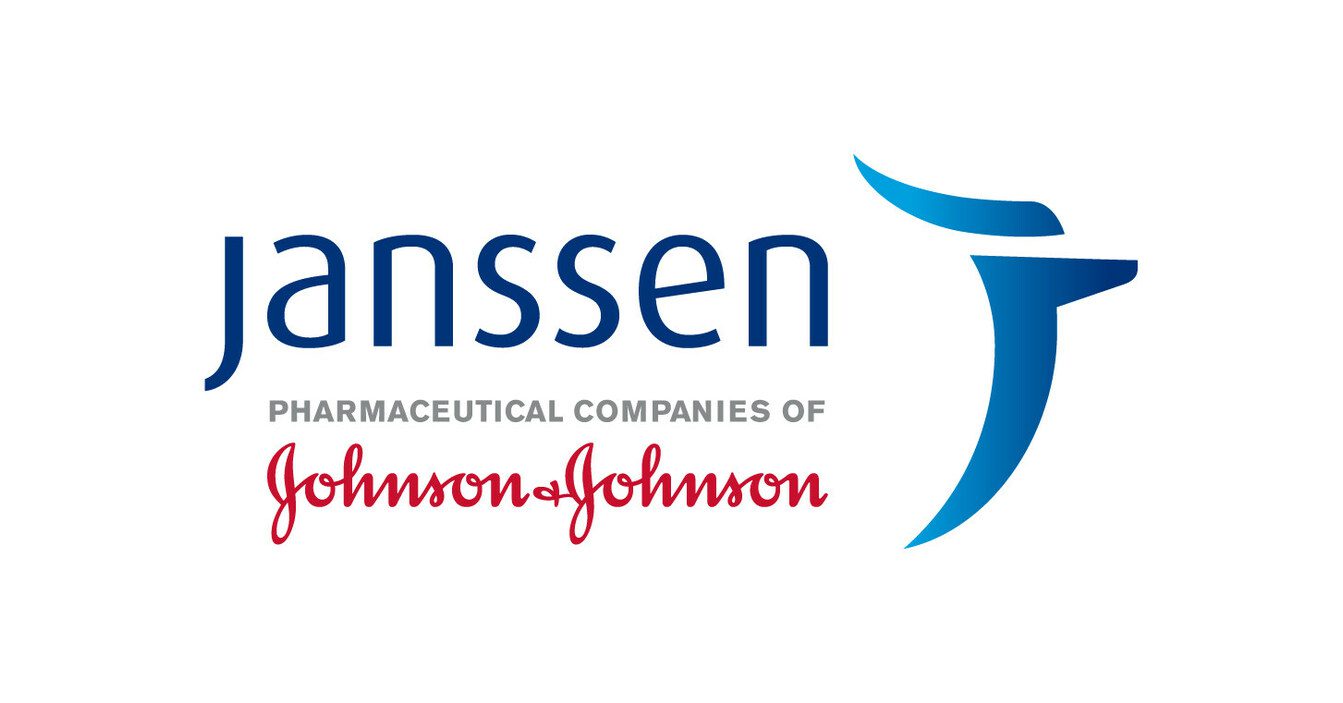Niraparib and abiraterone acetate plus prednisone is approved by FDA for BRCA-mutated metastatic castration-resistant prostate cancer
August 2023: The fixed dose combination of niraparib and abiraterone acetate (Akeega, Janssen Biotech, Inc.), along with prednisone, has been approved by the Food and Drug Administration for adult patients with castration-resistant prostate cancer (mCRPC) that has been proven to be harmful or suspected to be harmful due to a BRCA mutation.
Cohort 1 of MAGNITUDE (NCT03748641), a randomised, double-blind, placebo-controlled trial that enrolled 423 patients with homologous recombination repair (HRR) gene-mutated mCRPC, examined the effectiveness of the treatment. Niraparib 200 mg and abiraterone acetate 1,000 mg plus prednisone 10 mg daily or a placebo and abiraterone acetate plus prednisone daily were given to patients in a 1:1 randomization. Patients have to either have undergone an orchiectomy in the past or be on GnRH analogues. Abiraterone acetate plus prednisone for up to four months in the past, along with continuous ADT, was the only prior systemic therapy that patients with mCRPC were qualified for. Patients may have previously received docetaxel or androgen-receptor (AR) targeted treatments in the course of their illness. Prior docetaxel, prior AR targeted therapy, prior abiraterone acetate with prednisone, and BRCA status were taken into account when stratifying the randomization. 225 (53%) of the 423 individuals that were enrolled had BRCA gene mutations that were subsequently identified (BRCAm). Patients with mCRPC who did not have an HRR gene mutation (Cohort 2 of MAGNITUDE) did not experience any benefit since the futility condition was satisfied.
Radiographic progression-free survival (rPFS), determined by blinded independent central review and based on Prostate Cancer Working Group 3 criteria for bone, was the primary effectiveness outcome measure. Another objective was overall survival (OS).
With a median of 16.6 months vs. 10.9 months, niraparib and abiraterone acetate plus prednisone showed a statistically significant improvement in rPFS compared to placebo and abiraterone acetate plus prednisone (HR 0.53; 95% CI 0.36, 0.79; p=0.0014). In the BRCAm patients, an exploratory OS analysis revealed a median of 30.4 vs. 28.6 months (HR 0.79; 95% CI: 0.55, 1.12) in favour of the experimental arm. While there was a statistically significant improvement in rPFS in the Cohort 1 intention to treat (ITT) HRR population (HR 0.73; 95% CI 0.56, 0.96; p=0.0217), the hazard ratios for rPFS and OS in the subgroup of 198 (47%) patients with non-BRCA HRR mutations were 0.99 and 1.13, respectively, showing that the improvement in the ITT HRR gene-mutated population was primarily due to
Reduced haemoglobin, reduced lymphocytes, reduced white blood cells, musculoskeletal pain, fatigue, decreased platelets, increased alkaline phosphatase, constipation, hypertension, nausea, reduced neutrophils, increased creatinine, increased potassium, decreased potassium, and increased AST were the most frequent adverse reactions (20%), along with laboratory abnormalities. In Cohort 1 of MAGNITUDE (n=423), 27% of patients with mCRPC treated with niraparib and abiraterone acetate with prednisone required a blood transfusion, with 11% requiring multiple transfusions.
A daily oral dose of 200 mg of niraparib and 1,000 mg of abiraterone acetate combined with 10 mg of prednisone is advised for Akeega until disease progression or intolerable toxicity. Patients using niraparib, abiraterone acetate, and prednisone ought to also be taking a GnRH analogue at the same time, or they ought to have undergone bilateral orchiectomy.
View full prescribing information for Akeega
Dr. Nishant Mittal is a highly accomplished researcher with over 13 years of experience in the fields of cardiovascular biology and cancer research. His career is marked by significant contributions to stem cell biology, developmental biology, and innovative research techniques.
Research Highlights
Dr. Mittal's research has focused on several key areas:
1) Cardiovascular Development and Regeneration: He studied coronary vessel development and regeneration using zebrafish models1.
2) Cancer Biology: At Dartmouth College, he developed zebrafish models for studying tumor heterogeneity and clonal evolution in pancreatic cancer.
3) Developmental Biology: His doctoral work at Keio University involved identifying and characterizing medaka fish mutants with cardiovascular defects.
4) Stem Cell Research: He investigated the effects of folic acid on mouse embryonic stem cells and worked on cryopreservation techniques for hematopoietic stem cells.
Publications and Presentations
Dr. Mittal has authored several peer-reviewed publications in reputable journals such as Scientific Reports, Cardiovascular Research, and Disease Models & Mechanisms1. He has also presented his research at numerous international conferences, including the Stanford-Weill Cornell Cardiovascular Research Symposium and the Weinstein Cardiovascular Development Conference.
In summary, Dr. Nishant Mittal is a dedicated and accomplished researcher with a strong track record in cardiovascular and cancer biology, demonstrating expertise in various model systems and a commitment to advancing scientific knowledge through innovative research approaches.
- Comments Closed
- August 14th, 2023






BRCA mutated prostate cancer, HRR gene therapy, Janssen Biotech, Lynparza Zytiga combo, mCRPC targeted therapy, metastatic castration-resistant PC, niraparib abiraterone approval, PARP inhibitor combination, prostate cancer maintenance treatment
CancerFax is the most trusted online platform dedicated to connecting individuals facing advanced-stage cancer with groundbreaking cell therapies.
Send your medical reports and get a free analysis.
🌟 Join us in the fight against cancer! 🌟
Привет,
CancerFax — это самая надежная онлайн-платформа, призванная предоставить людям, столкнувшимся с раком на поздних стадиях, доступ к революционным клеточным методам лечения.
Отправьте свои медицинские заключения и получите бесплатный анализ.
🌟 Присоединяйтесь к нам в борьбе с раком! 🌟